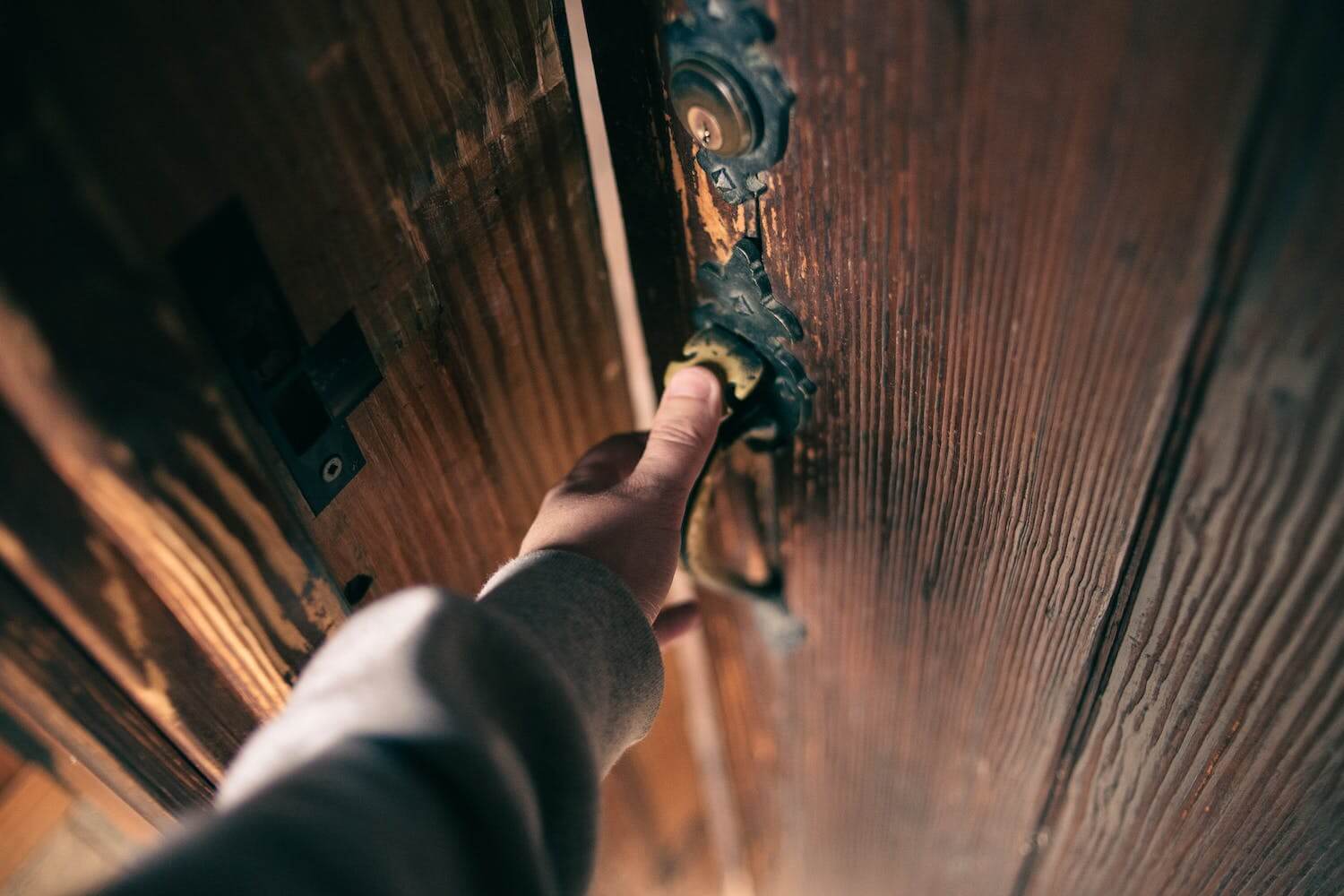A common question following a separation is, “How long after someone moves out can you change the locks?”
From an Australian legal standpoint, there is no precise timeframe for when you can change the locks after your partner moves out.
Instead, the decision hinges on the property’s ownership or rental agreements and whether both parties have legal rights to the home. It’s crucial to approach this matter carefully to avoid potential legal complications.
Legal Considerations Before Changing Locks
When contemplating changing the locks on a property post-separation, consider the following legal aspects:
Joint Ownership or Lease:
- If the property is jointly owned or leased, both parties retain equal rights to access it, regardless of who has moved out.
Consent Requirement:
- Changing the locks without the other party’s consent may be considered an exclusion act, potentially leading to legal repercussions.
Potential Legal Complications:
- Unilateral actions like changing the locks can result in claims of unlawful eviction or denial of access, complicating the situation further.
Rights Protection:
- The law protects the rights of both parties to access their property. Any changes to access should be legally justified.
Mediation or Court Intervention:
- In case of disputes, seeking mediation or court intervention can help resolve issues regarding property access legally.
Consultation with Legal Professionals:
- Before taking any action, it is advisable to consult with a legal professional to understand the implications and ensure that the actions are legally sound.
🔑 Key Takeaway: Understanding and respecting the legal rights of both parties is crucial before changing the locks on a shared property post-separation. Seek legal advice to navigate this process correctly and avoid potential legal issues.
Need a Lawyer?
When Is It Appropriate to Change the Locks?
Changing the locks may be appropriate if you are the sole owner of the property or have an exclusive occupancy order from the court. In cases of domestic violence or threats to safety, immediate steps can be taken to secure the property.
Still, seeking legal advice or court intervention is advisable to legitimise the action.
🔑 Key Takeaway: You can change the locks if you’re the sole owner or have legal backing, especially if safety is a concern.
The Importance of Changing Locks
Changing the locks on a property post-separation can be a critical step for several reasons:
Enhanced Security:
- Locks can provide peace of mind by enhancing the security of the property, ensuring that only authorised individuals have access.
Privacy Protection:
- It helps protect the privacy of the remaining occupant, preventing unwanted or unexpected access by the former partner.
Legal Compliance:
- When a court order or legal agreement grants exclusive occupancy to one party, changing the locks can be necessary to comply with legal requirements.
Safety Concerns:
- Especially in cases involving domestic violence or safety concerns, changing the locks can be a critical measure to safeguard the well-being of the occupants.
Starting Fresh:
- For many, changing the locks can symbolise a fresh start, allowing individuals to move forward with their lives with a sense of security and autonomy.
🔑 Key Takeaway: Changing locks post-separation is not just about physical security; it’s also about ensuring privacy, legal compliance, safety, and facilitating a new beginning. It’s a significant step that should be considered carefully, respecting legal boundaries and the rights of all parties involved.
Seeking Legal Advice
Consulting with a family law solicitor can provide clarity and direction in this sensitive area. They can advise on the best course of action based on your specific circumstances and ensure that any steps you take, such as changing the locks, are legally sound.
From a legal perspective, there is no specific timeframe for changing the locks after someone moves out, as it largely depends on the property’s ownership and legal agreements.
Before taking any action, consider the legal implications and, if necessary, seek court orders to avoid potential disputes.

